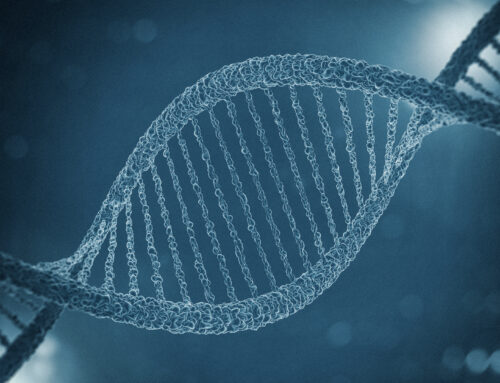Bonnie Rochman has knocked it out of the park (as us Cubs fans like to say) with her new book, The Gene Machine. Rochman, an award-winning journalist, provides an engaging and comprehensive account of the development of genetic screening in our generation.
Rochman starts by talking about how carrier screening has nearly eliminated the incidence of Tay-Sachs disease in the Jewish community. She chronicles the involvement of healthcare providers, rabbis and community leaders in the effort to inform Jewish and interfaith couples of the need for screening before starting a family. This effort – the first of its kind – is still considered one of the most successful community health programs ever undertaken and has served as a model for other public health efforts.
Dramatic advances in genetic technology over the last 15 years have given us the ability to screen more accurately for more diseases, Rochman explains. Genetic professionals, especially genetic counselors, have been working diligently to educate healthcare providers and community members about the importance of pre-conception and prenatal screening. With so much information available, genetic counseling is an essential part of the testing process.
Rochman also addresses the availability of advanced genetic technologies like pre-implantation genetic diagnosis (PGD). PGD allows carrier couples (for recessive diseases) and individuals with dominant genetic mutations, such as BRCA1 and BRCA2, to stop the transmission of these genes to the next generation through embryo selection. According to Rochman, the fear of creating “designer babies” through this process seems unlikely at this time. That’s because most desirable character traits in children are a result of complex combinations of genes as well as lifestyle and environment. The overriding goal of couples going through this difficult and often costly process is to have a healthy baby.
In the chapter entitled, “Silencing of a Gene: The Future of Down Syndrome,” Rochman interviews parents who have a child with Down syndrome. She raises moral, legal and ethical questions about how to deal with the future possibility of treating this common chromosomal abnormality while recognizing the humanity of individuals with Down syndrome and their families.
Rochman concludes that we are swimming in uncharted waters. We know much more now than in previous generations, but there is still more that remains unknown. Most parents want their children to have an “open future” free from genetic predetermination but still want to be able to prevent serious disabling or fatal diseases from affecting them. There is no right answer for everyone. The challenge is how to manage the information available to us now and how to deal with uncertainty in the future.
“Although technologies now exist that our parents couldn’t have envisioned, the goal of most mothers and fathers remains the same: a healthy baby. Technology is just a means to an end, a way to make – and keep – children healthy.”


